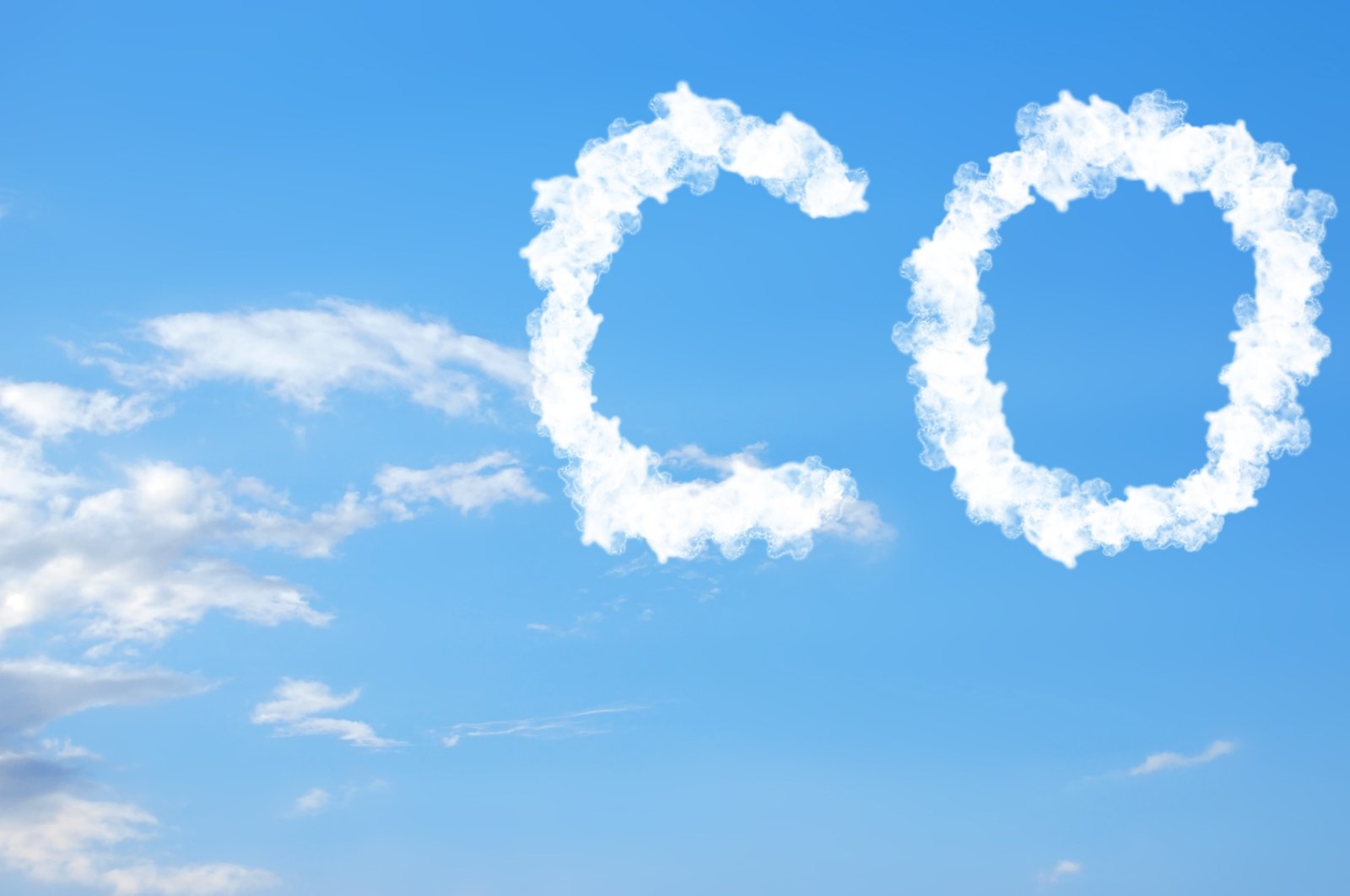
Many living things, which are our most important allies in the fight against the climate crisis, are affected by climate change and their populations are rapidly decreasing
The World Wide Fund for Nature-Türkiye (WWF) strongly urges the protection of rapidly decreasing species, many of which are the most important allies in the fight against climate change.
With the goal of promoting awareness of the conservation of animal and plant species that assure the continuation of ecosystems, the United Nations decided to designate May 22 as International Biological Diversity Day in 2001. "Agreement to Action: Rebuilding Biodiversity" was chosen as the theme for this year's International Biological Diversity Day, which has a different theme each year.
According to the information compiled by Anadolu Agency (AA), senior wildlife specialist Nilüfer Araç said that some animal and plant species contribute to the reduction of greenhouse gas emissions that cause global warming, as well as increasing the oxygen level in the atmosphere.
Araç stated that the main cause of the climate crisis is the excessive emission of greenhouse gases into the atmosphere due to human activities, and this problem should be solved and prioritized.
"Many living things, which are our most important allies in the fight against the climate crisis, are affected by climate change and their populations are rapidly decreasing. These creatures have the power to reduce greenhouse gases in the atmosphere, which is the cause of the climate crisis, by acting as a carbon sink. Protecting living things will help us address the climate crisis more effectively," Araç added.
For example, Araç noted that there are 22 vulture species in the world and are rapidly declining, particularly the African and Asian species, while only four different species of vultures, including the black vulture, griffon vulture, small vulture and bearded vulture, are found in Türkiye.
Vultures play an important role in preventing carbon emissions as they eat carrion that otherwise releases a variety of greenhouse gases into the atmosphere, including carbon dioxide and methane. Depending on the species, a single vulture feeds on 0.2 to 1 kilogram of carcass per day. It is calculated that 1 kilogram of a carcass, if not consumed by vultures, causes the equivalent of 0.86 kilograms of carbon dioxide emissions. This, when multiplied by the vulture population estimated to number between 134-140 million worldwide, means avoiding tens of millions of metric tons of emissions each year.
Another such species native to the Mediterranean is posidona oceanica, or seagrass, which plays an important role in the increase of oxygen levels in the environment. The seagrass meadows, which are supposed to store 11% to 42% of the carbon dioxide emissions caused by the Mediterranean countries, act as a carbon sink thanks to the thick layer formed by their stems, leaves and roots extending up to 4 meters (12 feet) from the seafloor.
Whales, which are crucial for removing carbon from the atmosphere and controlling the climate, build up carbon in their bodies over the course of their lengthy lives. When they pass away, they fall to the bottom of the ocean, where they trap this carbon for hundreds of years. Over the course of its lifetime, a giant whale will typically absorb 33 tons of carbon dioxide.
The ability of whales to increase phytoplankton production also contributes to their capacity to capture carbon. Following the food, whales discharge excrement that is high in iron and nitrogen into the water. By consuming these wastes, phytoplankton provides perfect growing conditions and, as their population grows they trap more carbon. These tiny marine organisms also generate roughly half of the oxygen in the atmosphere and absorb around 40% of all carbon dioxide created.
Referring to the importance of forest, sea and wetland ecosystems that exist in nature as a carbon sink, Araç said: "We can reduce our emissions and save our natural ecosystems to bring the climate problem to the point where it will inflict the least harm. The entire system is a domino effect."
